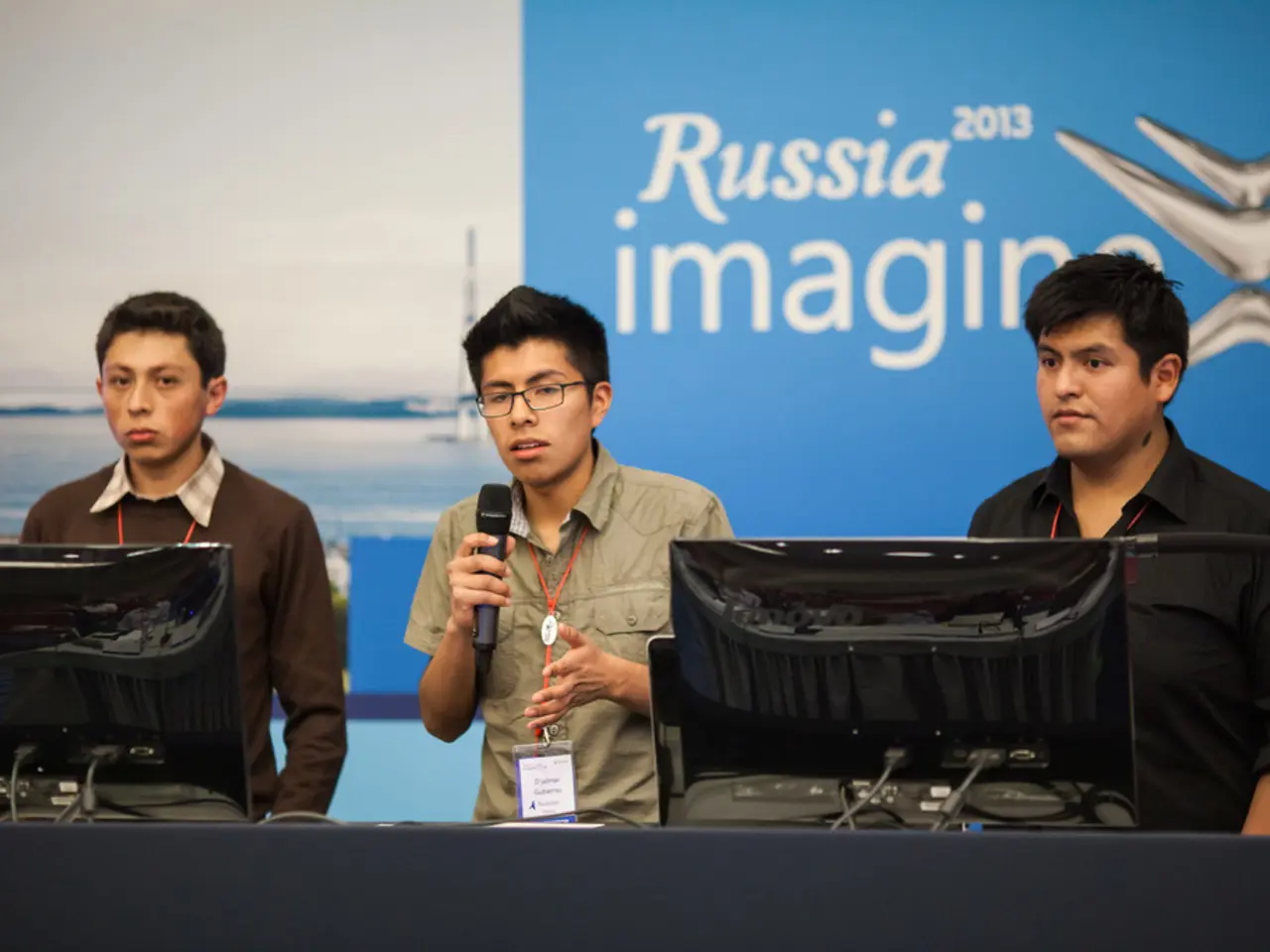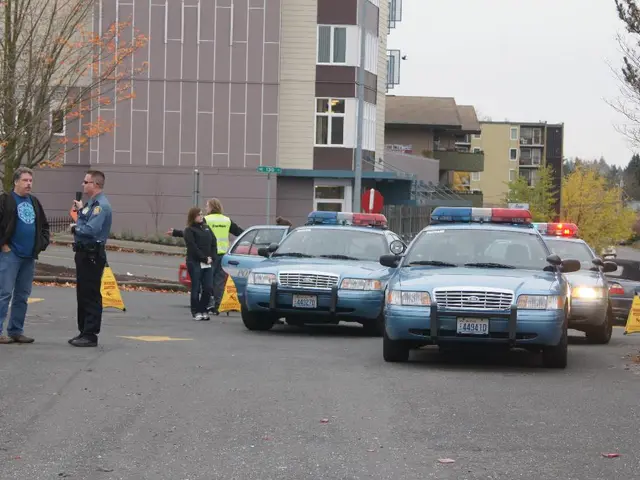Russian territorial gains from aggression in Alaska should not be granted by European parliamentarians following their meeting.
In response to the upcoming talks between US and Russian leaders scheduled for August 15, 2025, a joint statement has been issued by the chairs of parliamentary foreign affairs committees from several European countries and the European Parliament. The statement, which has been signed by 27 chairs of parliamentary foreign affairs committees, including representatives from 26 European Union member states, reiterates the principle "nothing about Ukraine without Ukraine."
The joint statement emphasises the importance of a ceasefire agreement serving the best interests of freedom-loving people throughout the democratic world. It reiterates that only Ukrainians themselves can determine Ukraine’s future, a sentiment echoed by French Foreign Minister Jean-Noël Barrot, who believes that the US-Russia leaders' talks should lead to a ceasefire in Ukraine.
The European Parliament and several European countries are firm in their stance that any agreements made with Russia in Alaska on or after August 15, 2025, must firmly uphold Ukraine’s sovereignty, territorial integrity, and constitutional order, and must not reward Russia with territorial gains for its aggression against Ukraine.
The statement warns of Russia’s likely attempts to use negotiations to avoid an unconditional ceasefire and seek sanctions relief. It urges unity and loyalty to universal rights, and stresses the importance of actively participating in these talks to minimise risks to European security posed by Russia’s aggression.
The EU has been critical of the Alaska meeting’s format, where Europe and Ukraine were sidelined, viewing it as a political concession to Russia without enforceable outcomes. Despite internal divisions, with Hungary notably less engaged, 26 EU member states stand united on this stance.
Following the Alaska and Washington summits, European leaders have worked diplomatically to keep Ukraine central to transatlantic discussions, insisting that any peace agreement must include robust security guarantees and direct negotiations between Russia and Ukraine’s leadership.
In summary, the European Parliament and most European countries reject any agreement that rewards Russia with territory or undermines Ukraine’s sovereignty. They demand that Ukraine be fully included in all negotiations and insist on a ceasefire consistent with international law and Ukraine’s constitutional framework. The ceasefire agreement should serve the best interests of freedom-loving people throughout the democratic world.
Read also:
- Massive 8.8 earthquake hits off the coast of Russia's Kamchatka Peninsula, prompting Japan to issue a tsunami alert.
- Court petitions to reverse established decision on same-sex marriage legalization
- Proposed Standardization of Food Labeling Laws Among Member States by the Commission
- Experimenting with Merz's Germany has stretched into an extended period of time, resembling a numerous three-month duration.








